Cats are adorable little furballs with their quirky antics, but let’s face it—they can be emotional tricksters. If cats were people, some of their behaviors would raise serious red flags in a relationship. As much as you love your feline companion, it’s fun to imagine how some of their playful games could be seen as toxic if they were human traits. Here are 13 emotional games cats play that might have you packing your bags if done by a partner.
1. The Silent Treatment
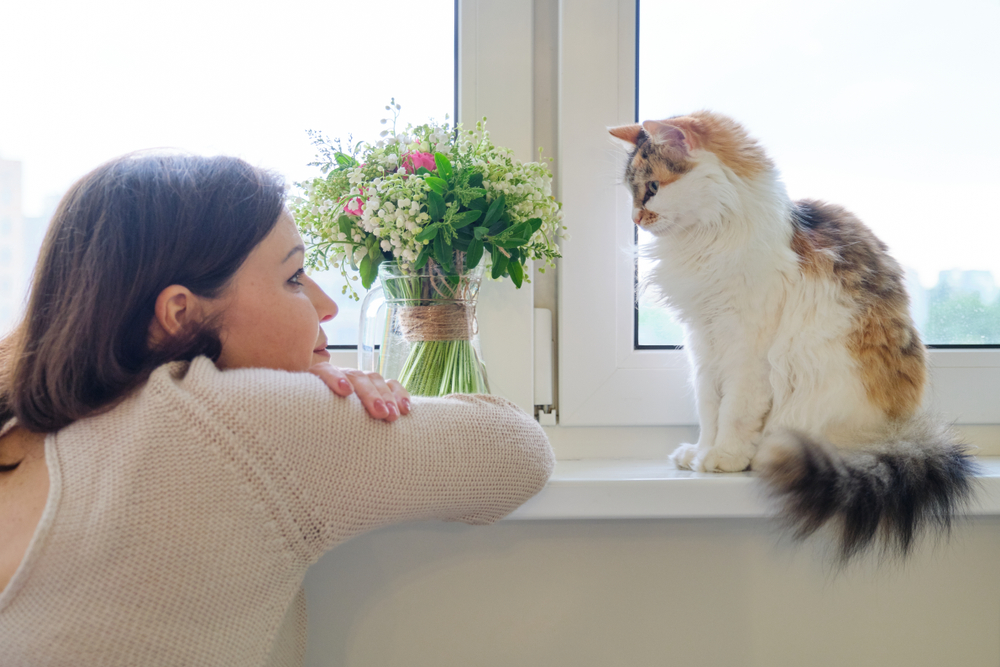
Ever notice how your cat can go from perfectly chatty to completely silent in the blink of an eye? It’s their way of handling things when they’re not particularly pleased. Imagine being in a relationship where one minute everything’s fine, and the next, you’re given the cold shoulder without any explanation. Dr. John Gottman, a relationship expert, notes that stonewalling in relationships can lead to unnecessary tension and misunderstandings. It’s one thing for a cat to ignore you for a few hours, but if a partner did that, you’d probably start questioning the future of your relationship.
The silent treatment from your cat is usually forgiven because, well, they’re cats, and they can’t really talk it out. But in a human relationship, communication is key. Imagine trying to figure out what’s wrong without any cues or hints—frustrating, right? Healthy relationships thrive on dialogue, so if your partner frequently goes mute, it might be time for a serious talk. It’s endearing when your cat does it, but when a partner follows suit, it’s another story.
2. Playing Hard To Get

Cats are notorious for playing hard to get, making you work for their affection at times. One minute, they’re rubbing against your leg, and the next, they’re off to a hidden corner. If a partner did this, leaving you guessing and wondering where you stand, it could be emotionally exhausting. It’s like a game of hot-and-cold, keeping you on your toes but never letting you feel securely loved. Emotional security in a relationship shouldn’t feel like chasing your tail, hoping for a moment of warmth.
While the chase might seem thrilling at first, it can quickly become tiring when you’re constantly trying to decode mixed signals. Cats can get away with it because their love is an occasional indulgence, not a daily necessity. In relationships, however, emotional availability and consistency form the backbone of trust and stability. If your partner thrives on being elusive, it can create unnecessary anxiety and doubts about where you stand. In love, you shouldn’t have to wonder if someone is truly interested or just playing a game.
3. The Sudden Mood Swing

One moment, your cat is purring contentedly in your lap, and the next, they’re swatting at your hand without warning. This sudden shift can be charming in a pet, but pretty destabilizing in a partner. Dr. Lisa Firestone, a clinical psychologist, points out that erratic emotions can undermine the sense of safety and predictability crucial for a healthy relationship. It’s natural for moods to fluctuate, but when your partner’s emotional roller coaster leaves you feeling queasy, it’s not a good sign. Relationships need a foundation of emotional stability, something that’s hard to achieve if you’re always bracing for the next outburst.
You wouldn’t hold it against your cat for a sudden change in mood because they’re just being themselves. But if your partner’s temper is as unpredictable as a cat’s, it might start to wear you down. Emotional whiplash from a loved one can make you feel like you’re constantly walking on eggshells. Healthy relationships are built on understanding and managing emotions, not leaving each other in a state of perpetual confusion. Unlike your feline friend, a mature partner should be able to communicate and control their feelings.
4. The Vanishing Act
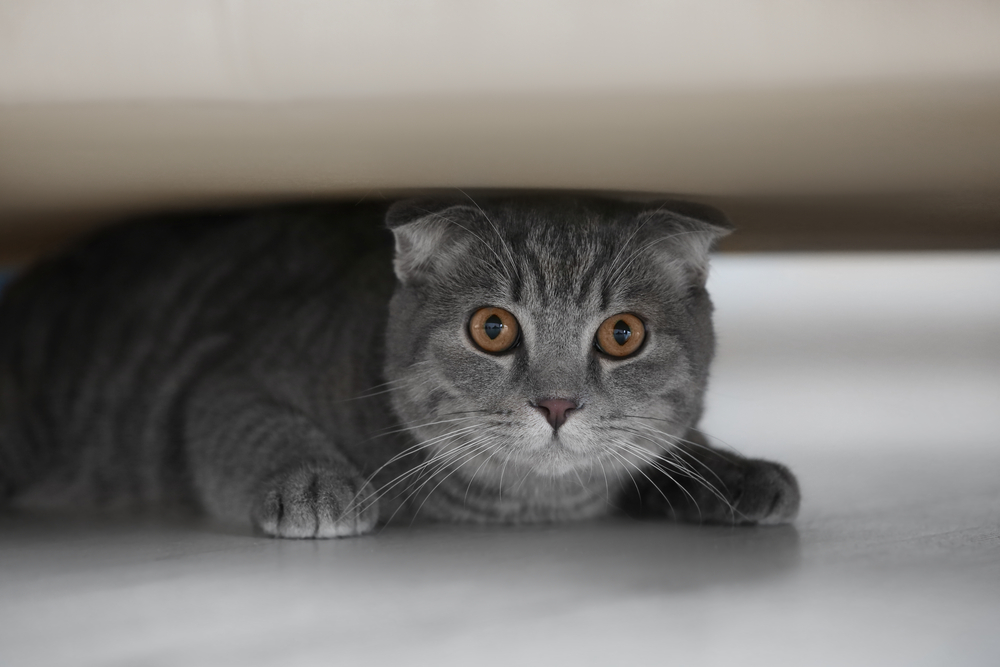
Cats have a knack for disappearing just when you need them the most. Whether it’s finding their way into the most hidden spots or simply darting out of the room, they can be elusive when you’re seeking comfort. In a relationship, if your partner tends to vanish emotionally or physically when things get tough, it can feel like a betrayal. The last thing you need during challenging times is someone who bolts instead of offering support. Cats might find comfort in solitude, but relationships require showing up for each other, especially when it matters most.
When your cat vanishes, you know they’ll eventually come back, usually when they’re hungry. But with a partner, such disappearing acts can create a pattern of instability. You might start to feel like you can’t rely on them when you need a shoulder to lean on. Relationships are about building each other up, not disappearing at the first sign of discomfort. Trust and reliability are cornerstones of any meaningful connection, and you deserve someone who stays present.
5. Selective Hearing

Your cat might often ignore your calls, pretending they didn’t hear you while basking in a sunlit spot. This selective hearing is part of their charm, but it would be infuriating in a partner. According to relationship counselor Dr. Susan Krauss Whitbourne, selective listening can be a major issue in relationships, leading to feelings of being undervalued and ignored. Communication is a two-way street, and both partners need to feel heard and understood. When one person tunes the other out, it can lead to resentment and isolation.
With cats, you might chuckle and try again, knowing their aloofness is just part of their nature. However, when a partner constantly tunes you out, it signals a lack of interest or investment in what you have to say. It’s essential to feel like your words matter and your thoughts are valued. Being heard is a fundamental human need, and being ignored can drive a wedge between even the strongest of bonds. A solid relationship should make you feel seen and heard, not invisible.
6. The “It’s All About Me” Attitude
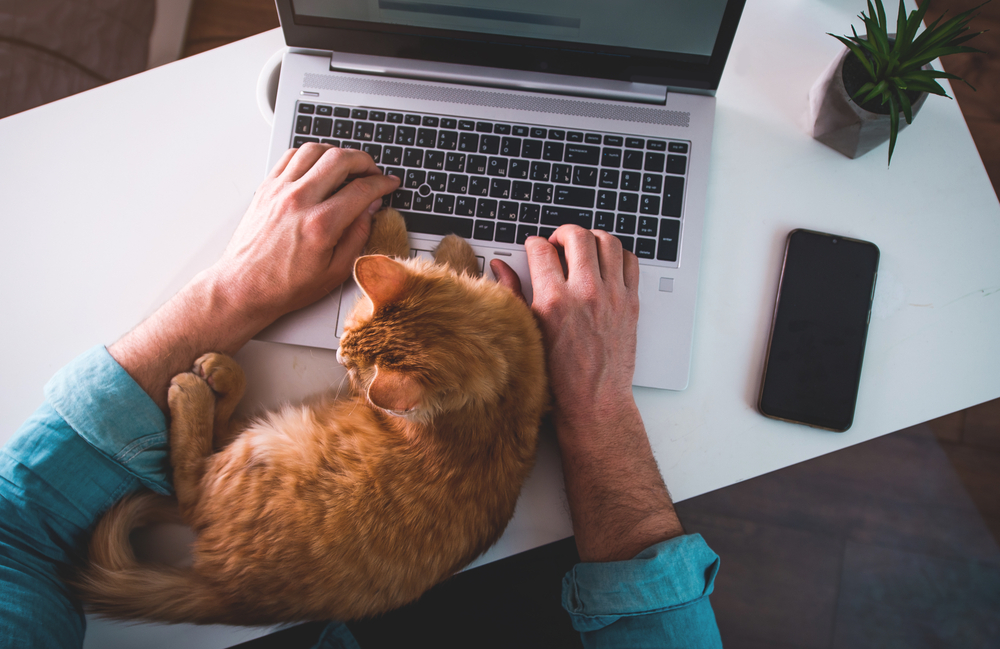
Cats have a way of making everything about them, from claiming the best spot on the couch to demanding attention at inconvenient times. Their self-centered antics might make you smile, but if your partner acted this way, it could get old fast. Imagine someone who always puts their needs first, leaving little room for compromise or consideration. In a relationship, it’s vital that both partners feel like they’re on equal footing, where giving is just as important as receiving. A partner who always prioritizes themselves might leave you feeling sidelined and unimportant.
Your cat’s world revolves around them, but in a partnership, it should revolve around both of you equally. It’s one thing for a cat to be self-focused, but human relationships thrive on mutual respect and partnership. If you constantly feel like you’re putting in more effort, it can lead to frustration and imbalance. Healthy relationships require teamwork, not a one-person show. While a cat’s self-centeredness is forgiven as part of their charm, you should expect more consideration from your significant other.
7. Jealousy Over Others
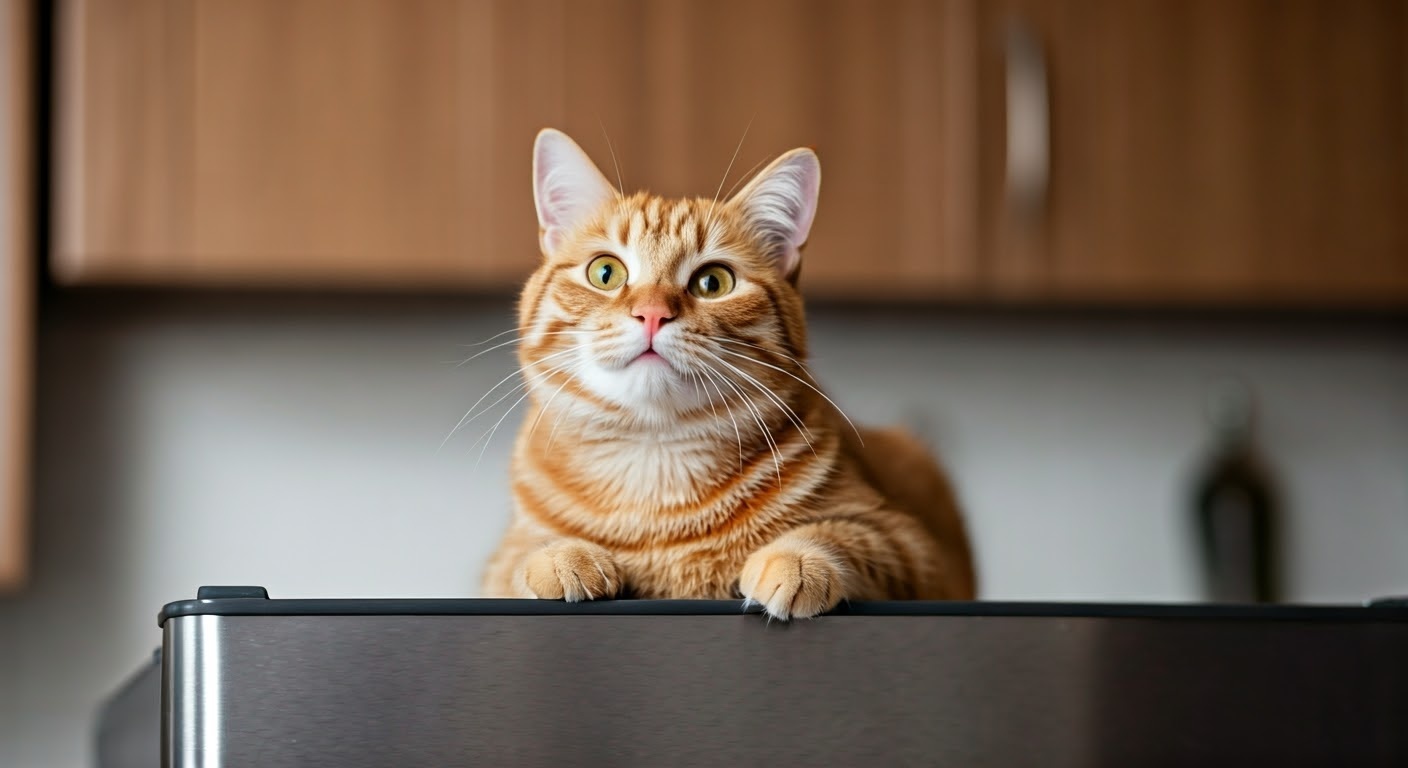
Cats can get pretty territorial, showing signs of jealousy when you pay attention to someone else, even if it’s another pet. This might be cute in a pet, but jealousy in a partner can be suffocating and destructive. According to Dr. Robert L. Leahy, an expert in cognitive therapy, jealousy often stems from insecurity and can cause unnecessary strain on relationships. No one wants to constantly reassure a partner about their dedication and loyalty. Trust is essential, and excessive jealousy can become a prison rather than a protective measure.
When your cat pushes another pet out of the way for your attention, it’s more endearing than alarming. But in a relationship, jealousy can manifest as controlling behavior, leading to isolation and mistrust. Everyone deserves the freedom to maintain friendships and interactions outside of their partnership. It’s important to feel trusted and to trust your partner, without having to navigate through constant suspicions. Unlike with cats, where you might laugh off a jealous moment, human relationships require confidence and faith in each other.
8. The Sneak Attack
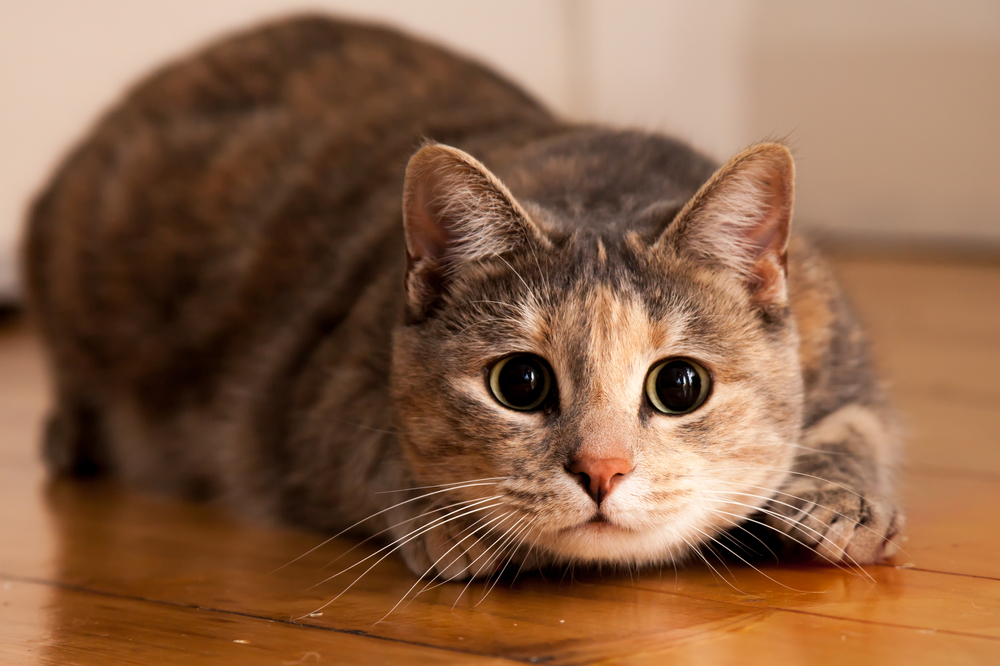
Ever had your cat pounce on you out of nowhere? While it’s a playful surprise in the animal world, sneak attacks in a relationship aren’t fun. Imagine a partner who brings up past arguments or issues unexpectedly, keeping you on edge. This behavior can make you feel like you’re in a constant state of alert, never knowing when the next issue will surface. In relationships, it’s crucial to address problems directly and openly, not ambush each other with unexpected grievances.
Cats use sneak attacks as a way to play or express their hunting instincts, but in a relationship, surprise confrontations can be exhausting. You deserve to feel safe and secure, not like you’re always waiting for the other shoe to drop. Bringing up concerns should be a calm and respectful process, not a battle strategy. When issues are addressed as they arise, it prevents them from festering and turning into bigger problems later on. Unlike with cats, where sneak attacks are part of the fun, relationships benefit from predictability and honesty.
9. The “I Need Space” Routine
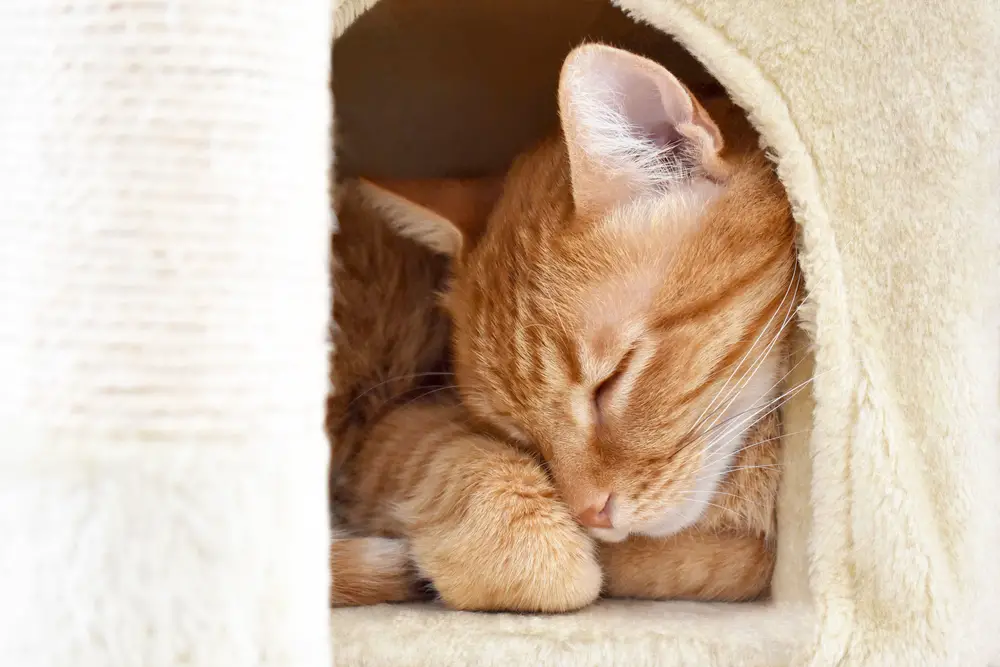
Cats are famous for demanding their space, slipping away to hide when they’ve had enough interaction. While it’s perfectly normal for everyone to need a bit of alone time, a partner who frequently pulls away without explanation can be concerning. If your partner constantly withdraws, leaving you to wonder what went wrong, it can lead to feelings of rejection and confusion. Having time to oneself is healthy, but it should be balanced with connection and communication. The key is to find a rhythm that respects both personal space and the need for closeness.
Your cat’s need for space often comes without warning, but with a partner, it’s important to communicate those needs clearly. A partner who frequently disappears without saying why can leave you feeling isolated and insecure. Having open discussions about personal space helps create understanding and trust. When both partners are on the same page, it prevents feelings of abandonment and helps maintain a strong bond. Like a cat returning once their solitary time is over, partners should feel comfortable reconnecting after some me-time.
10. Expecting Instant Gratification
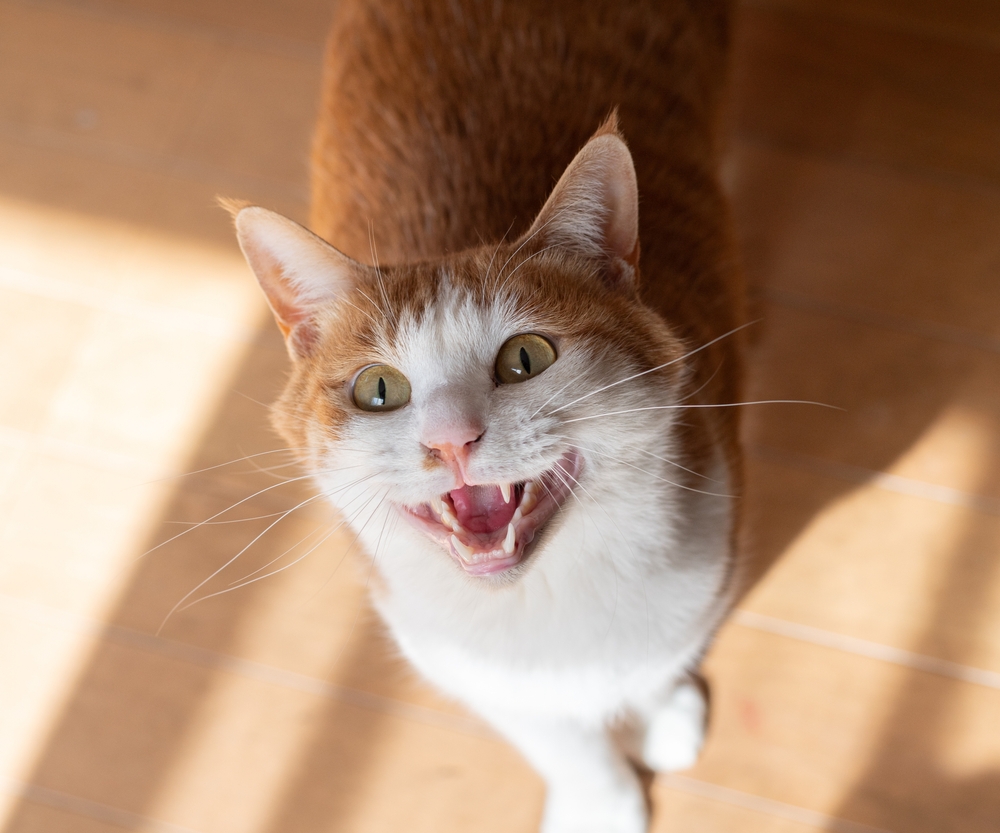
Cats have no qualms about demanding food or attention the minute they want it, with little regard for your schedule. In a relationship, a partner who expects instant gratification without considering your needs can be draining. It’s important to have mutual respect for each other’s time and responsibilities. Relationships are about give and take, not about meeting demands the second they arise. When one person insists on getting their way immediately, it can create an unhealthy dynamic of one-sidedness.
Your cat’s demands might be amusing because you know they rely on you for care, but a partner who acts similarly can be exhausting. It’s about finding a balance where both partners feel accommodated and respected. An expectation of immediate satisfaction can erode patience and understanding. Love requires patience and the willingness to wait, not the insistence of having needs met instantly. While you might giggle at your cat’s persistence, a similar attitude in a partner could lead to frustration.
11. Interrupting At The Worst Times

Cats seem to have an uncanny ability to demand attention right when you’re busy with something important. While this is part of their charm, a partner who constantly interrupts can be less endearing. If your partner frequently derails your focus without consideration, it can feel disrespectful. Knowing when to give someone space to focus is a key aspect of a supportive relationship. It’s about respecting each other’s boundaries to create an environment of encouragement and understanding.
Your cat’s timing might be attributed to their instinctual needs, but a partner should be more attuned to your cues. Constant interruptions can be a sign of a lack of respect for your time and commitments. Relationships thrive when both people can pursue their interests and responsibilities without feeling like they’re being pulled away. It’s about making sure both partners have room to grow individually while supporting one another. Unlike with cats, where interruptions are often forgiven, partners need to navigate timing with sensitivity and respect.
12. The Pushing Boundaries Game

Cats love to test limits, whether it’s knocking things off tables or sneaking into off-limits areas. In relationships, pushing boundaries without consent can be a serious red flag. It’s important to respect each other’s limits and not push past them for the sake of personal gain. Boundaries are crucial for maintaining respect and understanding in any relationship. If one partner continually disregards the other’s boundaries, it can lead to a breakdown in trust and respect.
Your cat might not understand why certain areas are off-limits, but a partner should be more considerate. Disregarding boundaries can create an environment of discomfort and resentment. It’s critical to have open discussions about what each person is comfortable with and to honor those agreements. When boundaries are respected, it builds a strong foundation of mutual respect and trust. Unlike with cats, where pushing boundaries is playful, in relationships, it can be harmful if not addressed.
13. The “Forgive And Forget” Expectation
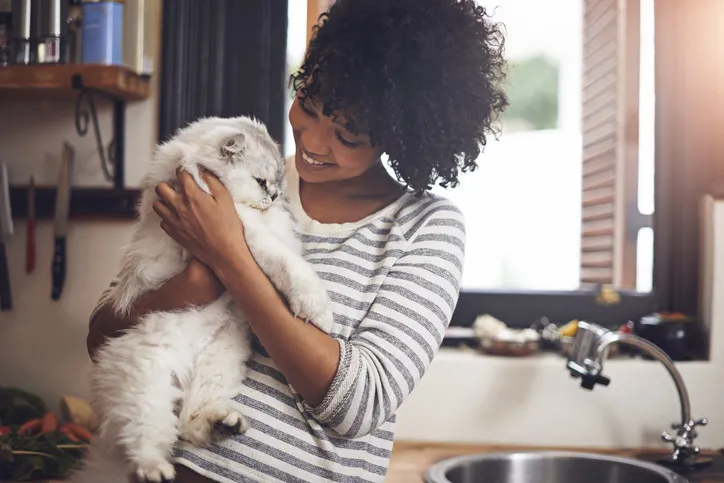
Cats often get into trouble, expecting a quick cuddle to make things right. While it’s easy to forgive a pet, a partner who expects immediate forgiveness without addressing issues can be problematic. Emotional wounds require time and effort to heal, and brushing them aside doesn’t lead to genuine resolution. Relationships require acknowledgment of mistakes, apologies, and a plan to prevent future issues. Expecting forgiveness without taking responsibility can lead to unresolved resentment.
Your cat’s antics are easily forgiven because they are innocent and without malice. But in human relationships, it’s essential to own up to mistakes and work through them together. Quick fixes don’t lead to lasting solutions, and pretending issues don’t exist doesn’t make them go away. Healthy relationships involve learning and growing from mistakes, not glossing over them. While you might quickly forgive a mischievous cat, a partner should show a willingness to learn and improve.
